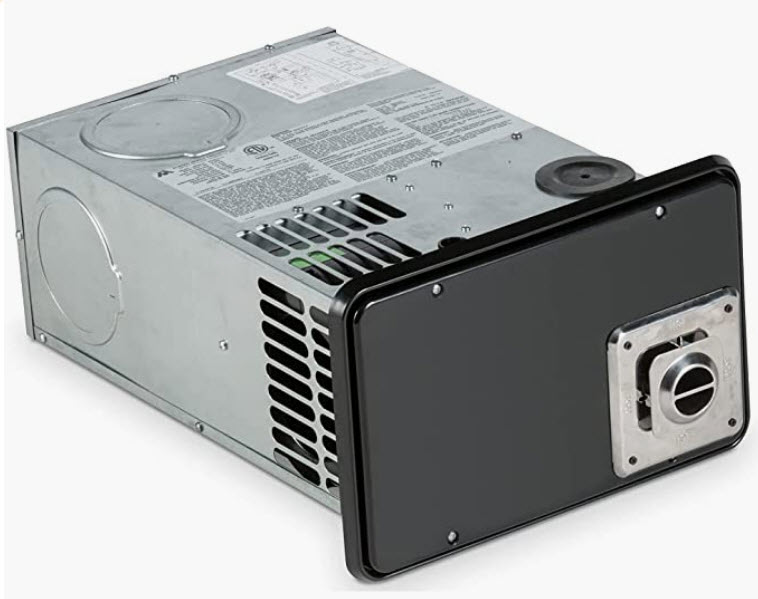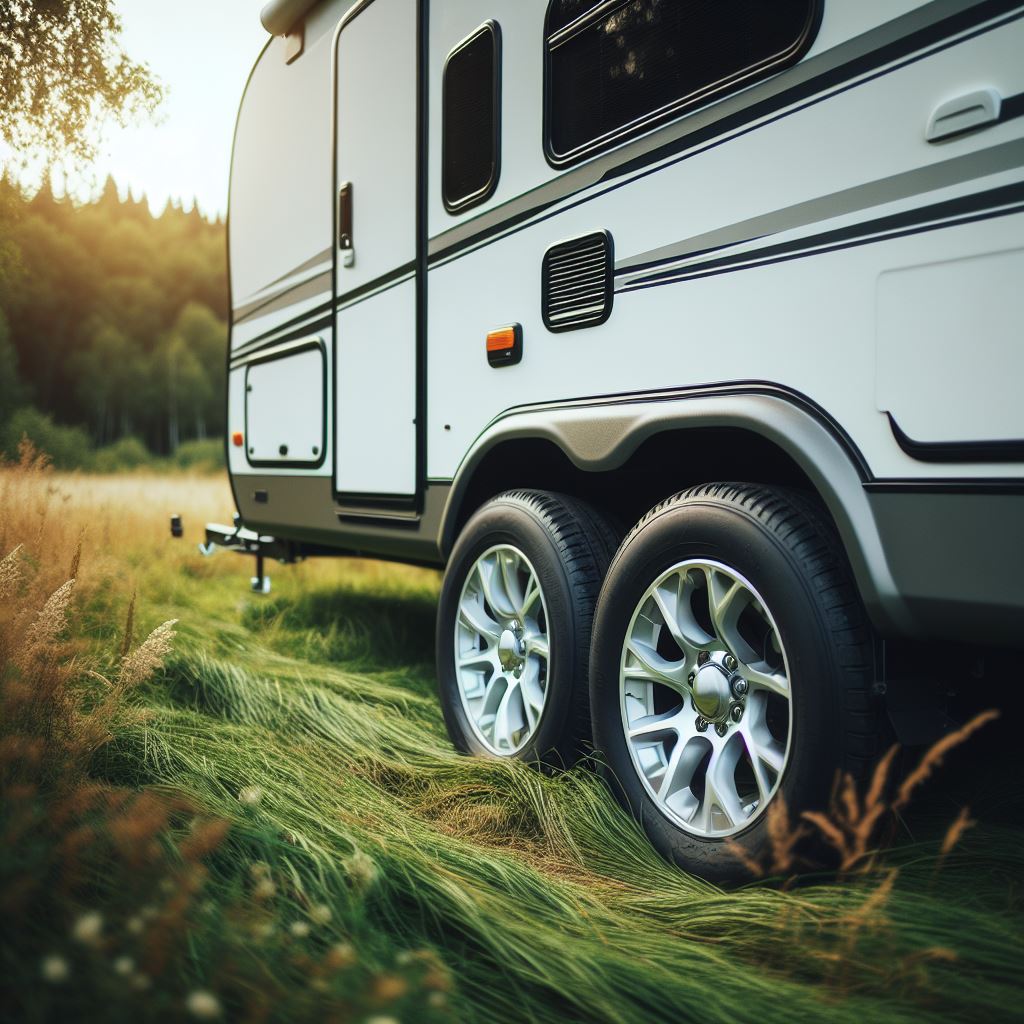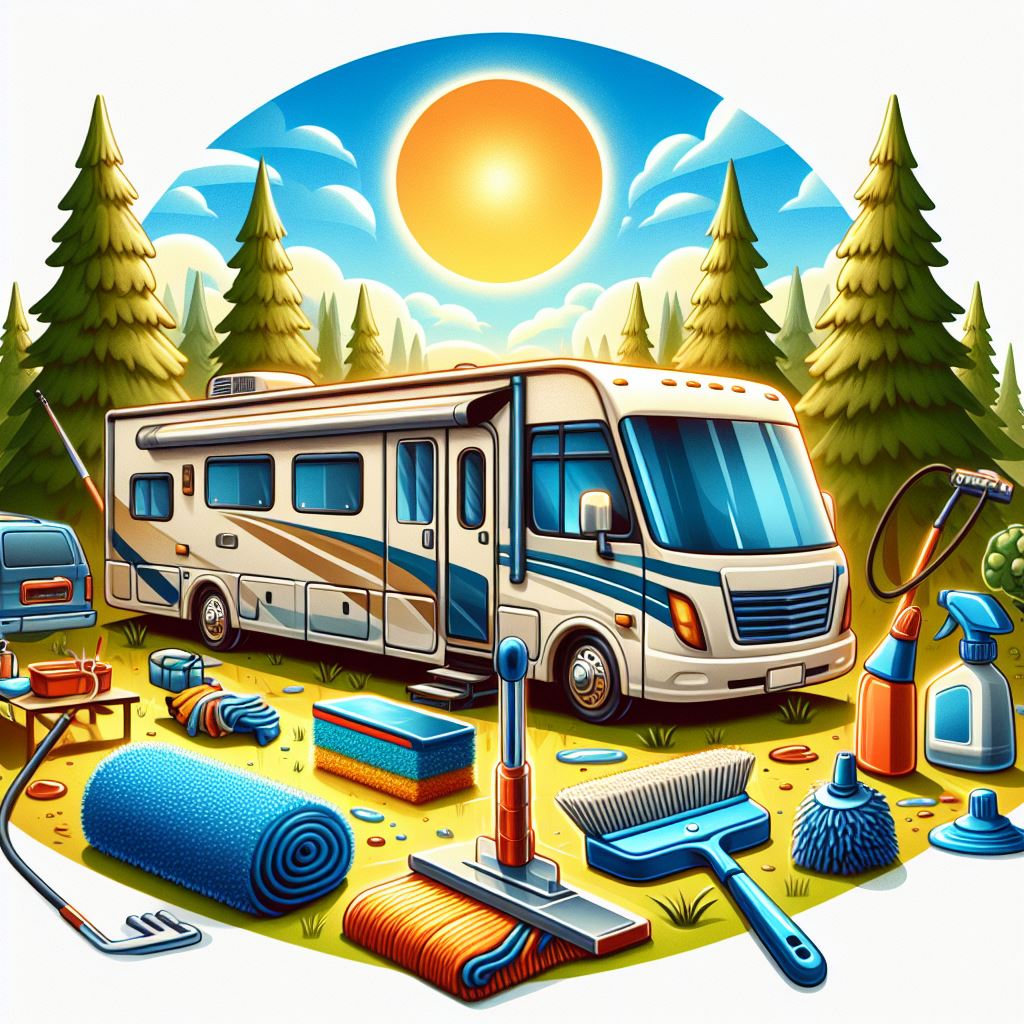Finding a cold RV when it’s supposed to be warm and comfortable is one of the worst experiences. This is usually an indication of a malfunction. It’s important to retain your cool, despite the temptation to panic.
If you are experiencing RV furnace trouble, you can ask some RV furnace troubleshooting questions to gauge the severity of the problem.
The RV furnace: how does it function?
Typically, a forced-air system will be used to heat an RV. These appliances use both gas and electricity to heat the RV. Propane will be burned to provide heat, and the RV’s electrical system will run a fan to distribute the hot air via a ducted system. There won’t be any chilly patches in your motorhome thanks to this system that distributes heat evenly.
These devices are activated by very basic thermostats when the ambient temperature goes below a predetermined limit. The lack of complexity in these systems makes it straightforward to eliminate possible causes of malfunction.
RV Furnace Troubleshooting: What Questions to Ask
Check the answers to these questions before you freak out because the RV’s temperature dropped. This might aid in troubleshooting so you can restore comfort in your RV.
Can you hear the furnace turn on?
There may be a few things to check before giving up hope if the motor won’t turn over. Your thermostat could be broken or improperly connected if it is not turning on the motor. Ensure that it is working properly by checking it out. If everything seems fine, check the panel for blown fuses. Thermostats, module boards, fan relays, and motor fuses all fall under this category.
Perhaps you’ll discover that resolving one of these problems won’t take long at all, and you can get back to work as soon as possible. If not, you might need to look into mobile mechanics or contact the manufacturer for help.
Is There A Wiring Problem With The Motor?
We aren’t the only ones who want to stay toasty when the weather turns cold. It’s fairly uncommon for mice and other rodents to find a home in a recreational vehicle. They are deceptively nimble for their size, and can sneak into any space. Even electrical wires are not safe from their voracious appetites.
If your RV’s heater is giving you difficulties, turn off the electricity and start poking around in the wiring. If rodents have been nibbling on your electrical wiring, you will not only notice broken wires, but probably also their droppings.
The wires should be checked for overheating damage as well. The wiring can overheat and be destroyed if the connections are poor or the wires are defective. Until the wiring gives out or causes a fire, you might not realize there’s a problem.
What Kind of Blockages Exist on the Outer Shell?
The RV’s external vents let you release potentially hazardous air. However, insects love to make a home in these openings. It is a good idea to perform some troubleshooting in order to ensure that the vents on your RV heater are not blocked. Cover your vents immediately if you haven’t done so before.
Is There Dust in the Vents?
In order for your heater to work, air must be able to circulate freely inside it. If a vent or exhaust is obstructed, the efficiency of the system drops, and it may have to work harder to maintain the same level of performance. Extreme cold and heavy heating demands put an unnecessary strain on any heating system.
Are You Losing Pressure Because Your Gas Valve Is Broken?
A gas regulator is installed in your RV if you use propane. As with many other RV components, these can break down over time. If the regulator fails, no propane will enter the system, and your furnace won’t light. It’s important to make sure your RV’s pilot light is in good working order on a frequent basis, but especially as the RV gets older.
A totally blue flame at the pilot light indicates that the regulator is working properly. Yellowing or other discoloration in the flame is a cause for replacement.
Have you heard the button being pressed?
There should be a spark and gas flowing to the igniter if you hear a clicking sound but nothing happens. If that’s the case, check for a broken gas valve, an improperly placed igniter, or a fractured insulator.
Do you hear that Thunk when you turn your gas on?
In the event that you hear a resonant “thunking,” investigate the gas valve as the likely source. When this occurs, it usually indicates an obstruction in the gas supply. Bugs and other debris can accumulate in your RV’s gas lines and cause a blockage if you leave it sitting in one area for too long.
What’s That Smell? It Might Be Propane.
If you detect a propane odour, it’s possible that you have a leak in your RV’s propane furnace system. This is potentially disastrous. If you detect a whiff of propane, it’s important that you act quickly. To avoid a gas leak, crack the RV’s windows and doors. Until you fix this, you probably won’t want to utilize the propane system in your RV.
When Should You Get Help from an Expert?
When to seek a professional to help troubleshoot your RV heater will depend heavily on your level of expertise. Some people may call a professional right away to fix their problem if they don’t have the skills or money to do it themselves.
Some folks, however, are more technically savvy and would rather try it themselves before contacting an expert. The key to success is realizing your capabilities and sticking to what you know can be done without risk.
However, many individuals avoid getting into the weeds of these systems because propane is used in them. As little as a single spark can ignite a gas leak and create a devastating explosion. You shouldn’t put yourself, your loved ones, and other campers in danger by attempting to handle the job yourself instead of hiring a pro.
Be sure your heating system is functioning properly.
Warmth and comfort in your RV are simple to achieve if you troubleshoot to ensure that your RV heater is working properly. There is, however, a risk that it will fail you just when you need it the most. If you find yourself in this situation, asking yourself these questions will help you figure out what’s wrong with your RV or decide if you need to call a professional.




